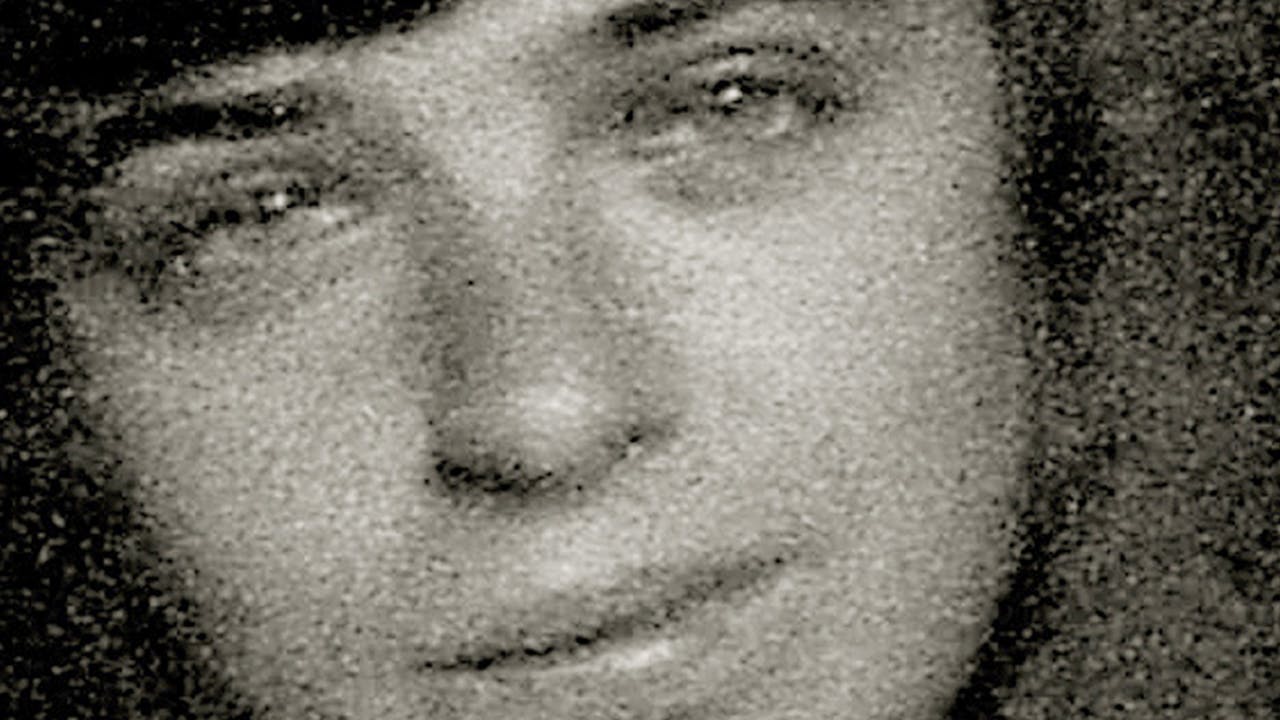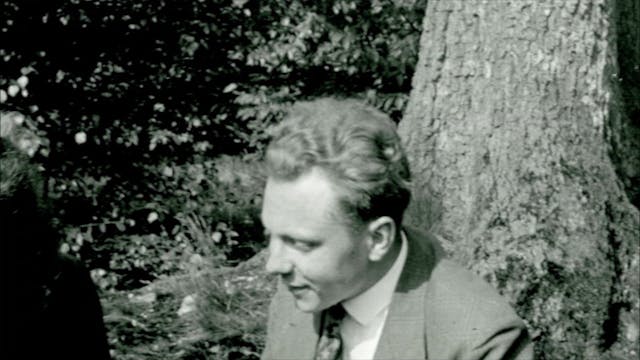Emma's way
A film by Robin Hunzinger
written with Claudie Hunzinger
Two young provincial girls, Emma and Thérèse, students then teachers in the 30s, are trying to build a life together that is both committed and loving. In the summer of '35, they make the "trip to the USSR" and consider adopting a child. Their emancipation turned into a painful apprenticeship, then a trial by fire.
When they broke up in 1940, Emma was married and living in Alsace, which had been annexed by Nazi Germany. Thérèse joined the Resistance and played an important role in Brittany. Arrested by the Gestapo, she died under torture in 43. She never spoke.
Using correspondence, documents and archives from the 30s and 40s, the director (Emma's grandson) puts together the broken pieces of these two lives and shows the destiny of these two women in the historical context of the interwar period, then the Occupation in France.
Film reviews: (selections)
Emma's noisy health is matched by Thérèse's bloodless face. But in 1929, these two young girls forge a demanding and close friendship. Now both teachers in different towns, they kept up an assiduous correspondence. Emma died in 1987, aged 81, leaving behind a box filled with papers, photos and negatives. The secrets of a lifetime. In her letters, written seventy years ago, the exalted Emma shares her dreams of fulfillment with her friend. Her grandson, Robin Hunzinger, has discovered her spirited writing, her lively pen, and understands the black-and-white story of this dear old departed lady. The director put these memories together in this beautiful, melancholy documentary.
In their desire for independence, Emma and Thérèse strayed from the well-trodden paths of their time, to the point of sharing a tender friendship in love, the contours and prohibitions of which we don't really know. The young women even contemplate raising a little girl together. But Emma, who refuses to succumb to love, "that disease of the imagination", takes a lover, then marries another, whose children she bears. Not without regret, Emma abandons Thérèse, opting for the life of a wife she had previously rejected. And while she continues to support her Nazi-wearing husband, Thérèse, the little corporal with the sad eyes, joins the army of the shadows. History, always tragic, will separate the two friends for good. Cécile Deffontaines - Le Nouvel Observateur
Based on archive documents, photos and manuscripts, this film traces the tragic destiny of two women who really existed, Emma and Thérèse, in the 1930s. They were students who wanted to be teachers and become emancipated. One and the other, one with the other, in a loving, clandestine complicity. Emma was tall, athletic and strong-willed, and succeeded at everything. Thérèse was petite and discreet, and consistently failed her exams. Emma also loved men and, after ten years, decided to marry.
They lived in Alsace, where they experienced the rise of Nazism. Emma grew weary and paid dearly for her chosen path. Thérèse proved strong and courageous in her commitments, but was destroyed by the assassins of freedom.
"These two women confirm that reality is sometimes even more disturbing than fiction. Hence the strange staut of this rare film: documentary, yet gripping like a novel." Télérama (2T)
Finally, remember here, and for a long time to come, the 53 minutes in which Robin Hunzinger traces the parallel then divergent trajectories of two women who, in the 20s and 30s, loved each other, one of whom, Emma, was the author's grandmother. Two people who started out so free... teachers, pioneers able to visit Republican Spain. Who wrote to each other. Planned to have a child. Then Emma married an Alsatian, and Alsace was annexed. Meanwhile, her lost Térèse, near Fougères, ran a resistance network. She died in '43, preferring to hang herself rather than speak under torture. The words distilled here by an impressively discreet voice-over are essentially those of Emma's letters and diary. The photos were filed by her, then by her daughter. In a package, as if deliberately passed on. Hunzinger could have written a book. Instead, he chose to interweave archive extracts with inherited snapshots and the grain of the narrator's voice. He worked as a composer. His film is called Où sont nos amoureuses. Mathilde La Bardonnie - Libération
Main festivals :
- Etoile de la SCAM 2008
- Etats généraux du film documentaire, Incertains regards, Lussas, 2007.
- Cosica.doc, Ajjacio, France, 2007
- MEDIMED 2007, Sitges, Spain, 2007
- Festival des libertés, Brussels, Belgium, 2007
- Traces de Vie, Official Competition, Clermont-Ferrand, 2007
- TELEMAQUES selection 2007-2008
Coproduction: France 3 Alsace, France 3 Limousin Poitou Charentes
-
EMMA'S WAY - ROBIN HUNZINGER
Two young women from provincial France, Emma and Thérèse, share the same passion and commitment. As students and then teachers in the prewar Thirties, they ignore convention; they dream of leaving France and raising a child together ; they travel to the USSR in the summer of 1935 in quest of the ...

